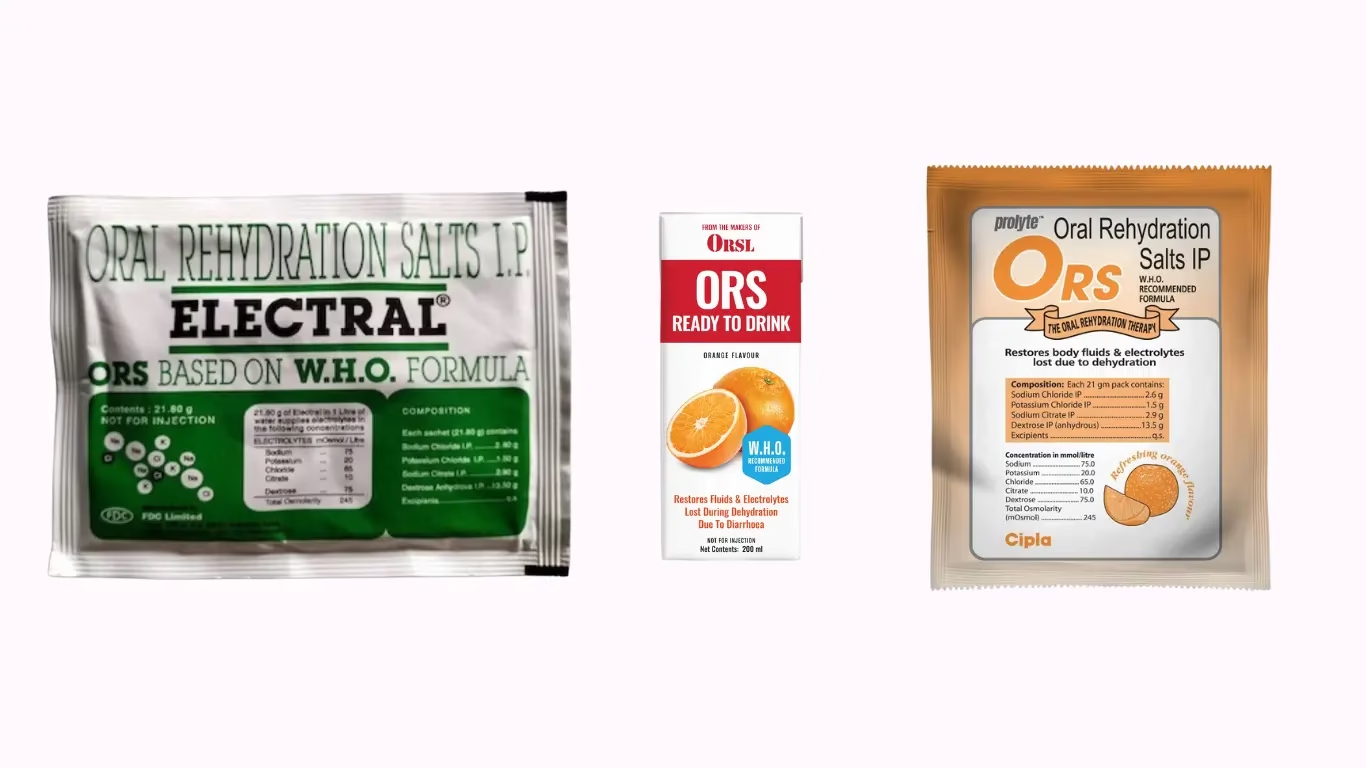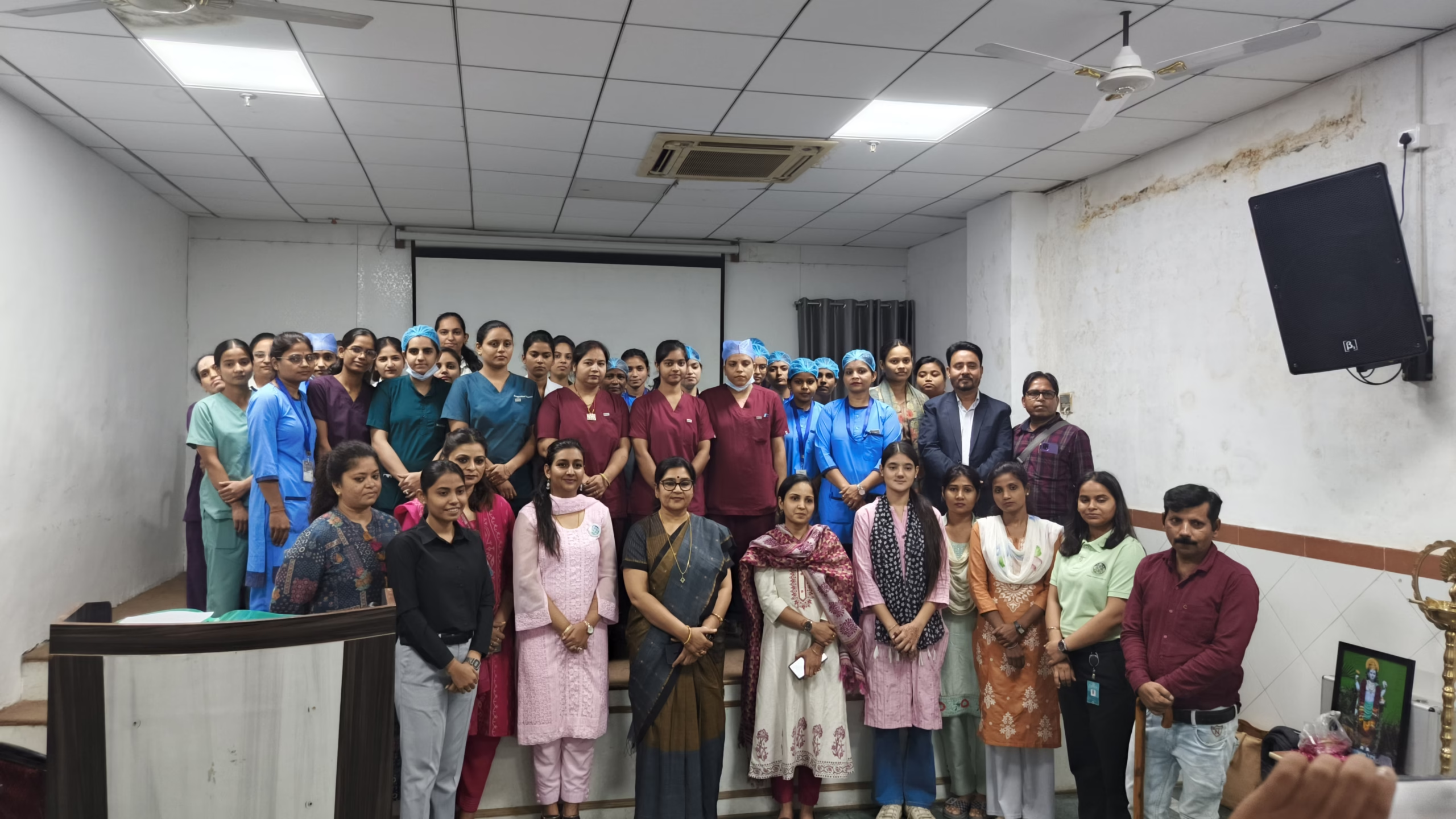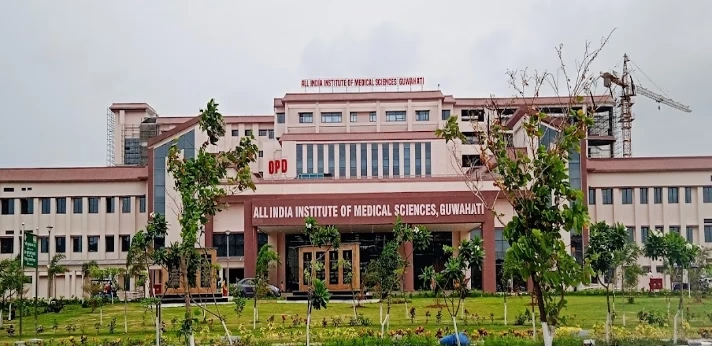To ensure greater transparency and practicality in live surgical demonstrations, the National Medical Commission (NMC) is set to prohibit the promotion and marketing of medical devices, pharmaceutical products, and companies during educational live surgeries, announced NMC Chairman Dr. Abhijat Sheth.
Currently, as per the Supreme Court–mandated guidelines, live surgical broadcasts are not to be used to advertise the operating surgeon, the hospital, or any specific product. Surgeons are also barred from having financial or commercial interests in the instruments or devices used during such procedures.
However, Dr. Sheth noted that several ambiguities in the existing guidelines have caused confusion among medical professionals. “We are revising the draft to make it more practical and acceptable to stakeholders,” he said, adding that the earlier draft’s “pan-India procedure” rule was unclear. “A technique considered new in Delhi might already be established in Mumbai or southern India. We are clarifying these aspects, including the definition of ‘new procedures’ and the respective roles of faculty and administrators,” he explained.
Under NMC’s current norms, live streaming is allowed for new surgical techniques, but pre-recorded videos are preferred for established or high-risk procedures. The upcoming amendments will specifically include a ban on the display or promotion of companies, products, and devices during live surgeries. “Our objective is to close these gaps and make the framework clearer and more effective,” Dr. Sheth emphasized.
While live surgery broadcasts serve as valuable educational tools, they have long sparked ethical debates over patient safety and commercial influence. The NMC has raised concerns that some private hospitals may exploit such broadcasts for advertising or self-promotion rather than education, potentially compromising patient welfare. Therefore, regulatory approval from the NMC or respective State Medical Councils is mandatory before conducting any live surgery.
The issue gained national attention in 2023 when a Delhi-based ophthalmologist filed a petition in the Supreme Court challenging the legality and ethics of live surgical broadcasts. A bench led by Chief Justice D.Y. Chandrachud, along with Justices J.B. Pardiwala and Manoj Misra, issued notices to the Centre and the NMC.
During the proceedings, Senior Advocate Gopal Sankaranarayanan, representing the petitioner, raised concerns about live demonstrations conducted before large audiences sometimes up to 800 people who even interact with the operating surgeon mid-procedure.
Following this, the NMC invited public and stakeholder feedback on whether live surgeries should continue to be allowed. Subsequently, the Ethics and Medical Registration Board (EMRB) of the NMC released guidelines earlier this year outlining detailed protocols for conducting and broadcasting live surgeries.
The guidelines clarify key aspects such as eligibility to organise and perform live surgeries, the approved venues, procedural conduct, responsibilities of organisers, and the requirement of prior regulatory approval. These reforms aim to balance educational value with patient safety and ethical integrity.




